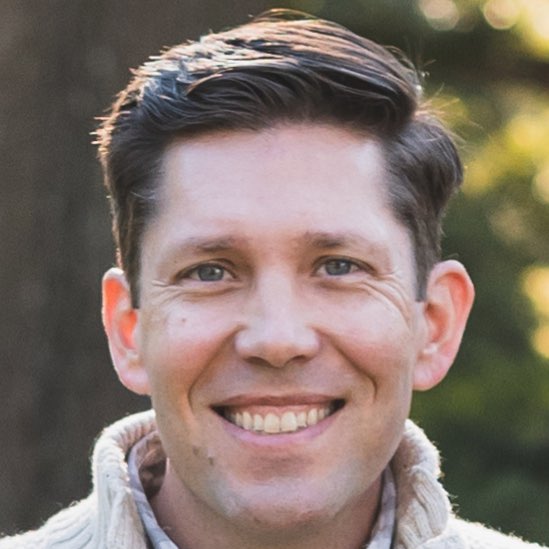I’m not sure exactly when I started, but I’ve been reading Ursula K. Le Guin’s “Hainish Cycle” for at least the past two years. I finally finished it with the very last short story, last night.
I’m a “published order” type of person, so that’s generally the order in which I read the books, though I read all of the novels first and then the short stories, which led to a little bit of back and forth. In this series, back and forth isn’t that big of a deal as the stories take place in a shared universe with only a loose shared history.
What binds all of the stories together is, what feels to me, a construct for exploring ideas. Long ago people from a planet called Hain colonized unknown planets. At some point the Hainish civilization faded and now they are rediscovering these worlds. In each world, either through initial genetic manipulation or evolution in unique environments, the colonies have grown and civilized in varying ways. In each one, Le Guin explores the ideas and implications of certain twists on environment, cultural mores, or physiques.
Le Guin herself even states that the stories are not intended to have a unified history:
People write me nice letters asking what order they ought to read my science fiction books in—the ones that are called the Hainish or Ekumen cycle or saga or something. The thing is, they aren’t a cycle or a saga. They do not form a coherent history. There are some clear connections among them, yes, but also some extremely murky ones. And some great discontinuities (like, what happened to "mindspeech” after Left Hand of Darkness? Who knows? Ask God, and she may tell you she didn’t believe in it any more.)
So the order does not matter, but I still prefer published order, because my understanding evolves with the author. The inconsistencies feel less inconsistent. I also get to observe how the author changes over time and, with Le Guin, this is significant.
She published the first piece of it, a short story called “The Dowry of Angyar” in 1964. This story is the jumping off point of the first novel, Rocannon’s World, published in 1966. Her final contribution to this world was The Telling, published in 2000. Thirty-four years is a long time for a person to grow in skill and ideas. Rocannon’s World particularly feels like a straightforward adventure novel, but The Dispossessed, 1974, is much more about the exploration of ideas with less action and more dialogue, thought, and flashbacks.
Many of the novels seem to explore a theme in the background of a story, but really the theme is expressed in how it affects the plot as it unfolds. One of her more well known novels, The Left Hand of Darkness, takes place on a planet where the population is sexless except for a few days each month when the effectively go into kind of heat. A person could become male or female at this time, and thus the society has no partriarchal or matriarchal norms or gender-based hierarchies. This idea is not explored directly, but indirectly through the plot of an alien diplomat navigating the societies that have emerged in this context.
Interestingly, Le Guin’s short stories often deal with these ideas more directly. “Coming of Age in Karhide” (published 26 years after The Left Hand of Darkness) explores the implications of a person’s puberty in this society.
I highly recommend the series in whole, but they can definitely be read piecemeal. Here are my favorites:
- The Left Hand of Darkness: explores the idea of a world without gender dominance,
- The Word for World is Forest: explores a society without violence when it is introduced to violence,
- The Dispossessed: An Ambiguous Utopia: compares and contrasts an anarchist society to a capitalist one (and dismissively to a socialist one as it still has a central authority),
- Four Ways to Forgiveness: explores the effects of a society built on slavery through vignettes told in four short stories,
- and The Telling: explores the similarity of zealotry in both religious and secular contexts.
That’s all of the novels except for the first three, and even those are good. I’m going to take a Le Guin break now, but I’ll be happy to return to her in the future.
